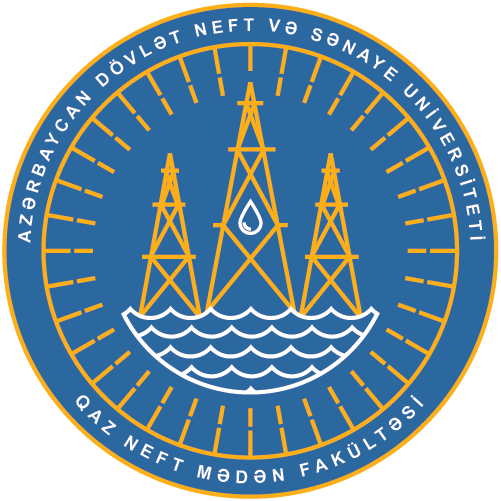

This program delivers the necessary knowledge and skills required for an integrated study and evaluation of a prospect, leading to a viable oil and gas field development plan.
The Degree Program in Oil & Gas Engineering develops your skills, so you will be able to appraise and select the appropriate technologies for safe production recovery of hydrocarbon oil and gas and includes hands-on experience of using industry-standard simulation software in all aspects of petroleum engineering.
There are hundreds of energy companies in Azerbaijan and the surrounding regions, including world leaders such as Baker Hughes, BP, Chevron, Halliburton, Royal Dutch Shell, Schlumberger, Total Energies, Technip Energies, SOCAR, Weatherford. Our degree programs benefit from direct industry involvement, including industry advisory panels, guest lectures, field trips, site visits, networking and careers events, and industry supported student projects.
Also, Graduate Career Center is operating at ASOIU to establish students' relationships with different state and private companies to meet their requirements. The center organizes a large exhibition for students and graduates of the University in May and December every year.
The educational objectives of the Degree Program in Oil & Gas Engineering reflect the mission of Azerbaijan State Oil & Industry University.
The aims of the Department of Oil & Gas Engineering are; bringing up experienced and knowledgeable individuals equipped with theoretical and practical information related to the discipline, and at the same time, bring up competent individuals who are able to contribute to the development and research studies in the field and to be managers and instructors to continue bringing up qualified people who can effectively serve in this field.
The department aims to raise specialists and instructors for the field of Oil & Gas Engineering discipline and by this way, help to meet the demands in relevant industries, job centres and higher education institutions.
The degree program aims at equipping our students with the abilities needed to face with confidence the challenges of the domestic and foreign professional sector or of post-graduate academic programs at home or abroad. Our graduates acquire the professional skills that rapidly shift to technological environment demands, including complex reasoning, critical thinking, and problem solving. They are able to assume leading roles in the industry. In addition, our graduates are in position to succeed in the private industrial sector, in the government sector, as well as in the academic and research environment.
The degree program intends to prepare students and help them to graduate with a number of abilities and skills.
Learning outcomes of the Bachelor program include development of:
1. Ability to apply and deeply understand mathematical, technical and natural disciplines.
2. The ability to conduct a deep analysis of the problem, aimed at identifying the necessary requirements and methods for solving it.
3. The ability to combine knowledge of the mathematical foundations, algorithms and methods of the hydrocarbon field development process in reservoir modelling and reservoir system design.
4. According to the knowledge and skills acquired during the training, develop innovative processes and components for systems that meet modern requirements from an economic, environmental and social point of view.
5. Ability to interpret data, obtained as a result of planning and conducting various kinds of research and experiments, as well as the ability to predict the further development of the system.
6. Ability to apply the skills and knowledge of engineering when working in a multidisciplinary team.
7. Constant and continuous self-development and learning for a long time.
8. Apply knowledge of information technology and oil and gas fields to propose appropriate solutions to oil and gas operations.
9. Critically apply the essential tools available for finding and characterizing hydrocarbon accumulations using formation evaluation techniques.
10. Ability to demonstrate detailed knowledge and application of operational and technical activities involved in exploration and production.
